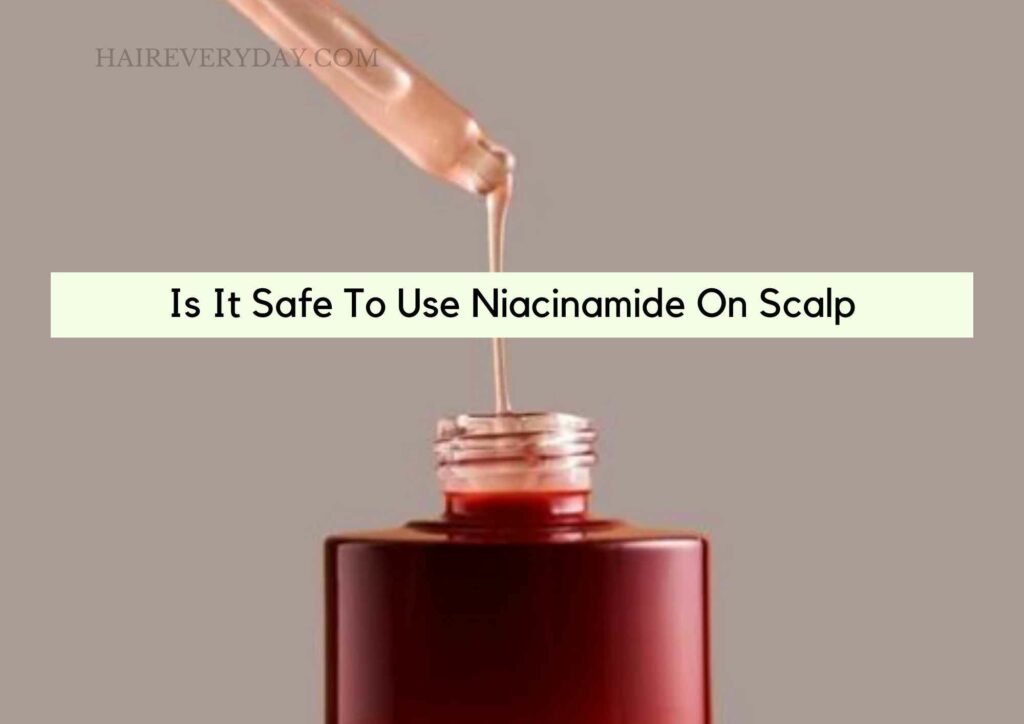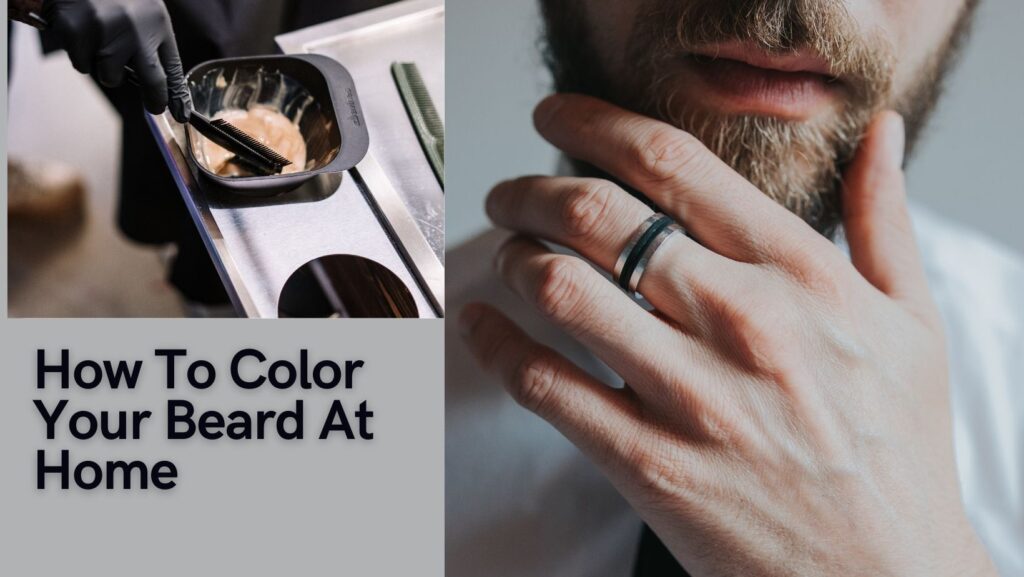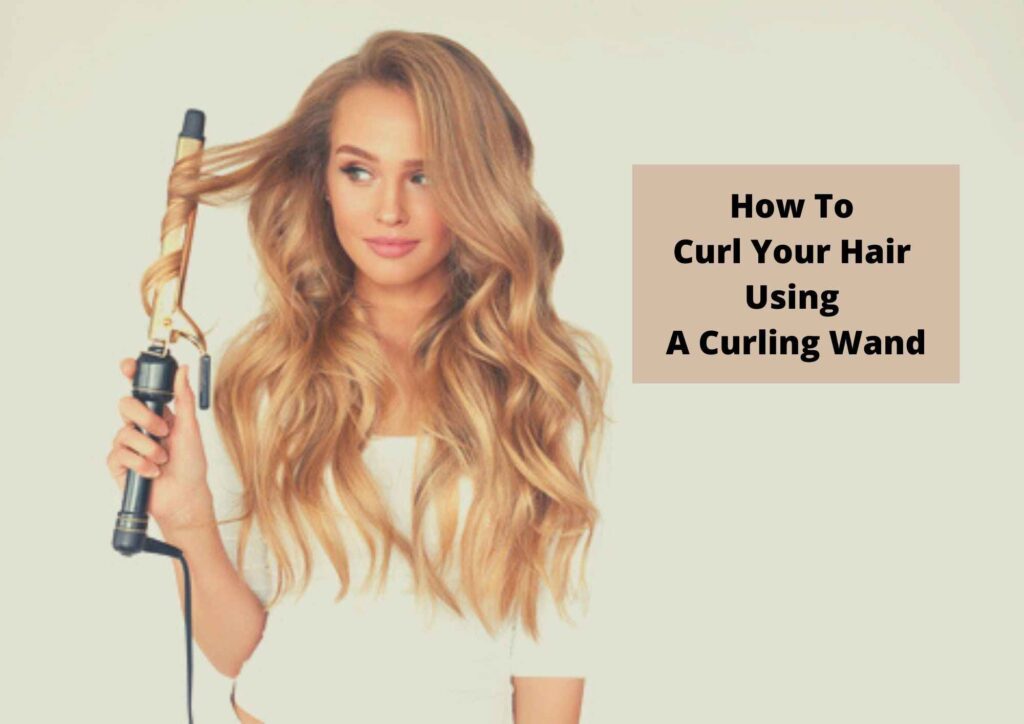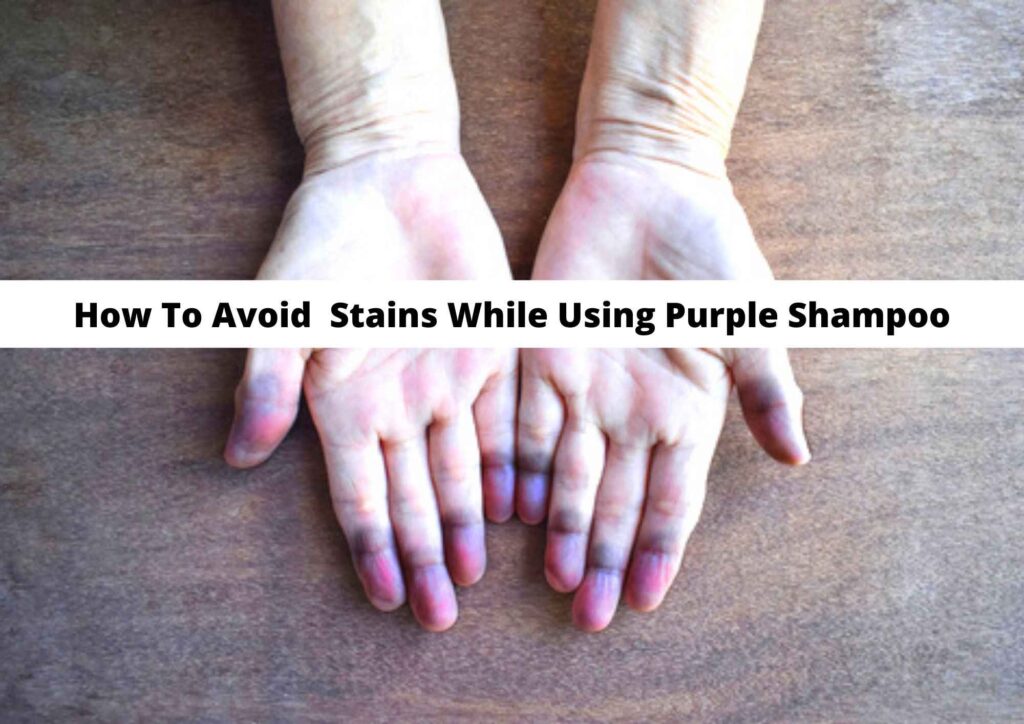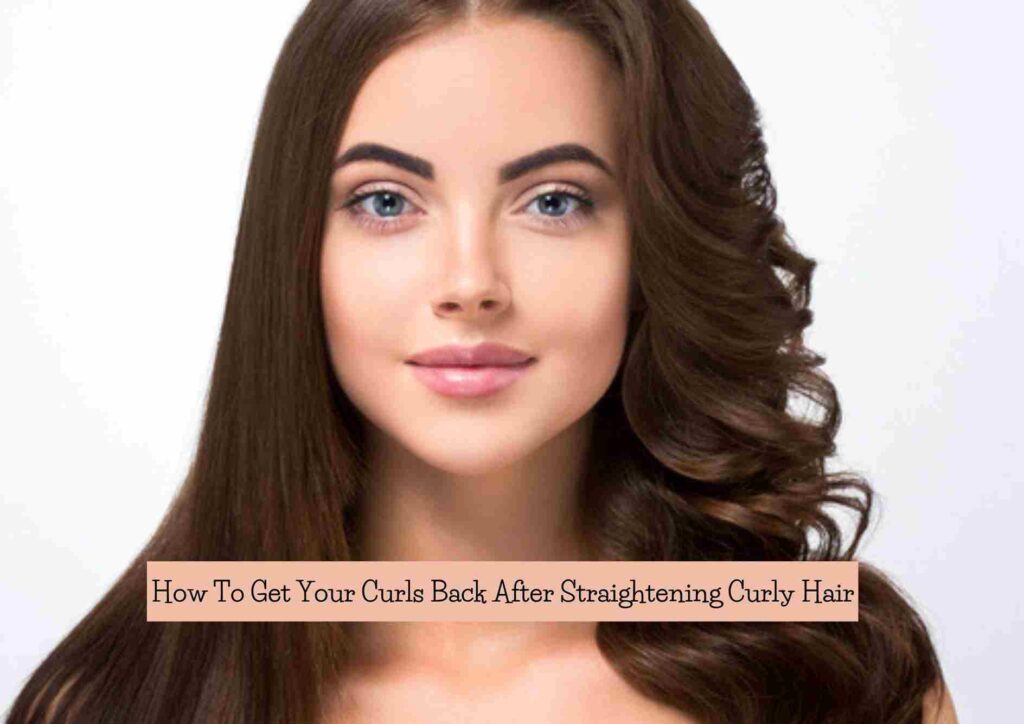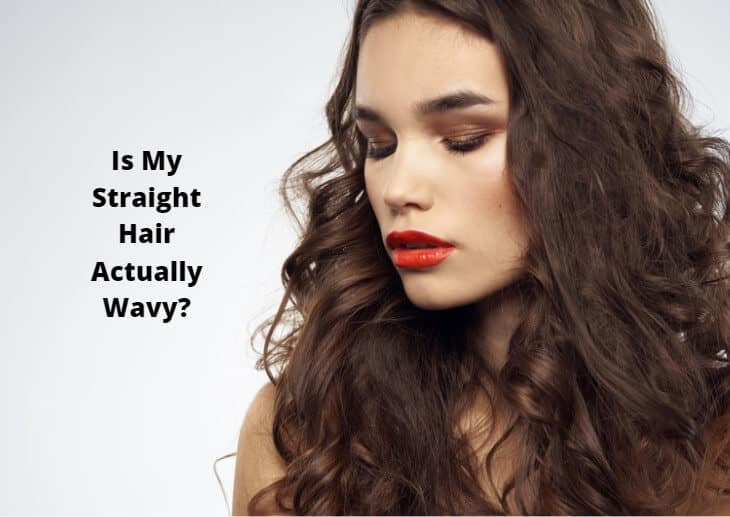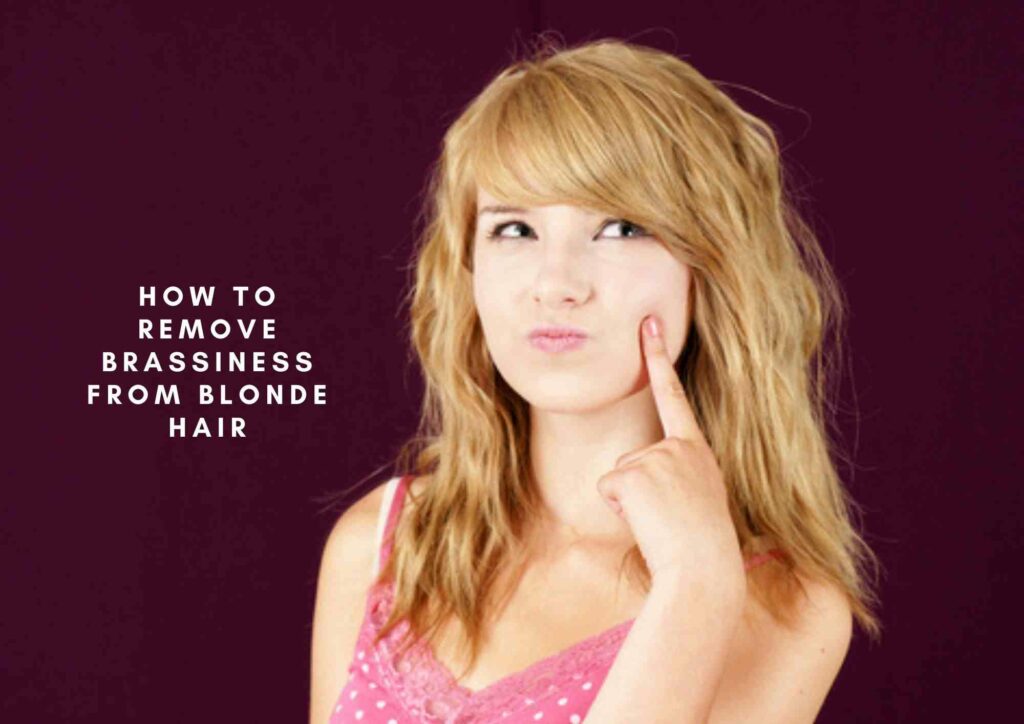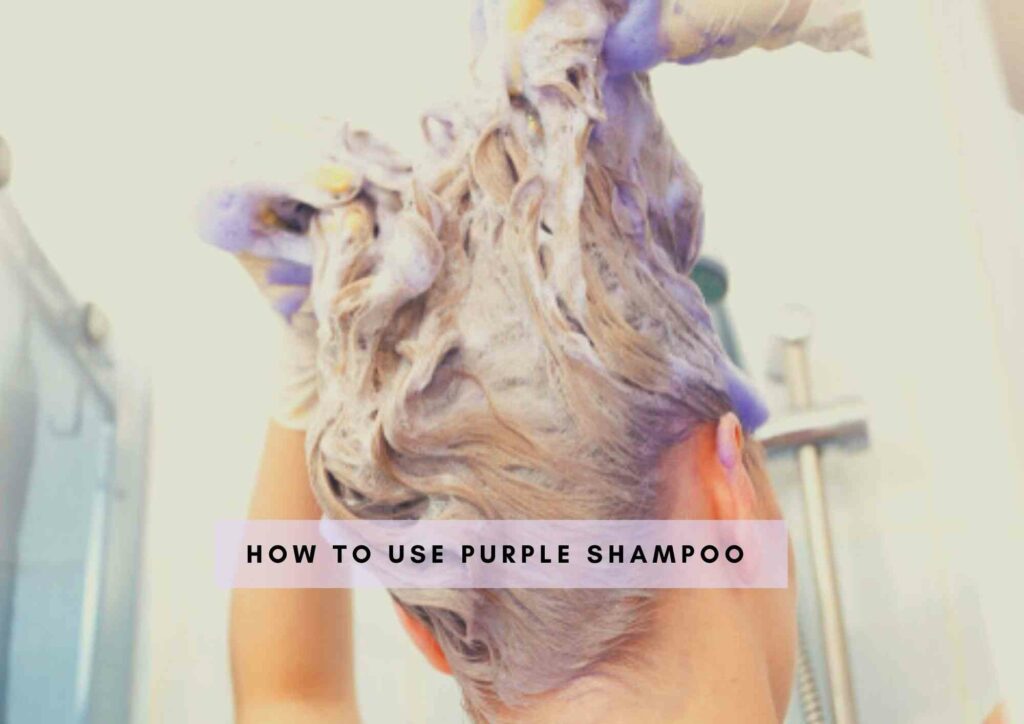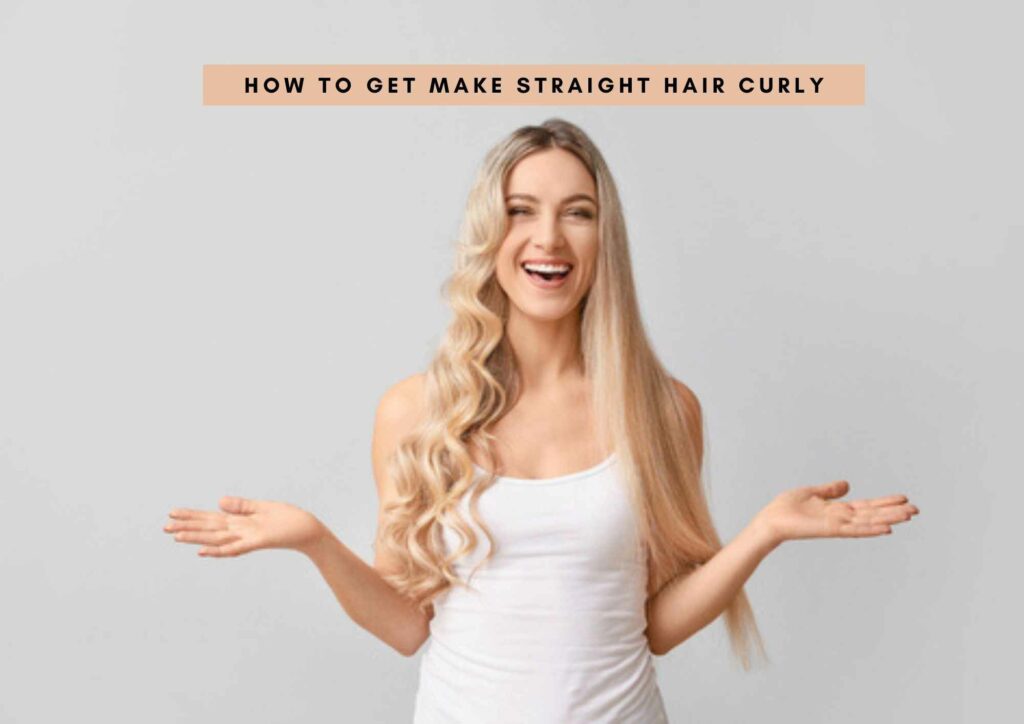Is It Safe To Use Niacinamide On Scalp? Here are some amazing Benefits of niacinamide including hair growth, oil control, and anti-inflammation.
As someone who has struggled with scalp issues for years, I understand the desire to try out every possible solution to alleviate discomfort and promote healthy hair growth. One ingredient that has gained popularity in recent years for its potential benefits on the scalp is niacinamide. But is it safe to use niacinamide on the scalp?
Niacinamide, also known as vitamin B3, is a water-soluble vitamin that has been shown to have various benefits for the skin, including improving skin barrier function, reducing inflammation, and regulating sebum production. (Wohlrab, Johannes, and Daniela Kreft. “Niacinamide – mechanisms of action and its topical use in dermatology.” Skin pharmacology and physiology vol. 27,6 (2014): 311-5. doi:10.1159/000359974)
Some studies have also suggested that niacinamide may be beneficial for the scalp, particularly in treating dandruff and promoting hair growth. However, it’s important to understand the potential risks and limitations of using niacinamide on the scalp before incorporating it into your hair care routine.
Is It Safe To Use Niacinamide On Scalp (Scientific Research and Evidence)
As a skincare ingredient, niacinamide has gained popularity for its anti-inflammatory and brightening properties. However, when it comes to using it on the scalp, there is limited research available.
One study published in the Journal of Cosmetic Dermatology found that a topical solution containing niacinamide and other ingredients improved hair density and thickness in women with female pattern hair loss.
Another study published in the International Journal of Trichology found that a shampoo containing niacinamide and other ingredients improved scalp itching and redness in individuals with dandruff.
While these studies suggest that niacinamide may have benefits for the scalp, it is important to note that more research is needed to fully understand its safety and efficacy. It is also important to consider individual sensitivities and allergies to ingredients in hair care products.
Overall, based on the limited scientific research available, niacinamide appears to be a safe ingredient to use on the scalp. However, it is always recommended to consult with a dermatologist or healthcare provider before incorporating new products into your hair care routine.
Benefits of Niacinamide for Scalp Health
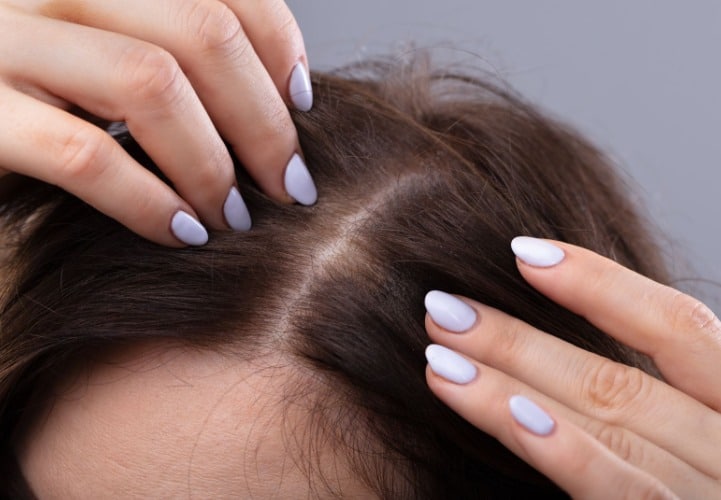
As a form of Vitamin B3, Niacinamide has been shown to have numerous benefits for the scalp. Here are some of the key benefits of Niacinamide for scalp health:
Prevents Dryness on Scalp
Niacinamide helps to improve the moisture barrier of the scalp, which can prevent dryness and flakiness. This is especially important for individuals with dry or sensitive skin.
Regulating Oil Production
Niacinamide can also help to regulate the production of sebum, the natural oil produced by the scalp. This can be beneficial for individuals with oily scalps, as it can help to reduce excess oil and prevent clogged pores.
Protects Against Environmental Damage
Niacinamide has antioxidant properties, which can help to protect the scalp from environmental damage caused by factors such as pollution and UV radiation.
Controls Scalp Inflammation
Niacinamide has anti-inflammatory properties, which can help to reduce inflammation on the scalp. This can be beneficial for individuals with conditions such as dandruff or psoriasis.
Reduces Hair Loss
Niacinamide has been shown to improve blood flow to the scalp, which can help to promote healthy hair growth and reduce hair loss.
Boosts Keratin Production
Niacinamide can also help to boost the production of keratin, a protein that is essential for healthy hair growth. This can help to improve the overall health and appearance of the hair.
In conclusion, Niacinamide can be a highly beneficial ingredient for scalp health. Its ability to prevent dryness, regulate oil production, protect against environmental damage, control inflammation, reduce hair loss, and boost keratin production make it a valuable addition to any hair care routine.
Application Guidelines for Niacinamide on Scalp

As with any new product, it is important to follow the recommended guidelines for applying niacinamide to your scalp. Here are some tips to help ensure safe and effective use:
- Start with a small amount: It is always best to start with a small amount of product and gradually increase as needed. This will help prevent any adverse reactions or irritation.
- Apply to clean, dry scalp: Before applying niacinamide, make sure your scalp is clean and dry. This will help the product absorb better and prevent any buildup.
- Massage into scalp: Gently massage the niacinamide into your scalp using your fingertips. This will help stimulate blood flow and ensure even distribution.
- Do not rinse out: Niacinamide is designed to be left on the scalp, so there is no need to rinse it out. However, if you experience any irritation or discomfort, it is best to rinse it out with cool water.
- Use as directed: Always follow the manufacturer’s instructions for use. Do not exceed the recommended dosage or frequency of use.
By following these guidelines, you can safely and effectively incorporate niacinamide into your scalp care routine.
Potential Side Effects and Precautions
As with any skincare product, it is important to consider potential side effects and take precautions when using niacinamide on the scalp.
Some individuals may experience mild irritation or redness when using niacinamide on the scalp, particularly if they have sensitive skin. In rare cases, more severe allergic reactions may occur. If you experience any discomfort or adverse reactions, discontinue use immediately and consult with a healthcare professional.
It is also important to note that niacinamide may interact with certain medications, such as blood thinners or cholesterol-lowering drugs. If you are taking any medications, it is important to speak with your healthcare provider before using niacinamide on your scalp.
To minimize the risk of adverse reactions, it is recommended to patch test niacinamide on a small area of the scalp before using it more broadly. Additionally, it is important to follow the manufacturer’s instructions for use and avoid using excessive amounts of the product.
So while niacinamide is generally considered safe for use on the scalp, it is important to exercise caution and take appropriate precautions to minimize the risk of adverse reactions.
Why You Should Trust Us?
The author of this article, Leah Marie Priest has a degree in Cosmetology with years of experience in dealing with hair care, scalp care, and hairstyling. As someone who extensively deals with all kinds of hair textures, products, styling methods and more, hair Leah Marie knows what kind of products and procedures suit each hair type and person. We have also tested these hair products and processes ourselves to provide you an unbiased review about every product. Each of our articles are also reviewed by a team of medical professionals so that you get the most accurate and expert-reviewed information.
Also Read:
Is It Safe To Use Hair Styling Powder
Is It Safe To Use Alcohol On Your Hair
Can I Apply Hyaluronic Acid On Scalp And Hair
Is It Okay To Use The Same Hair Towel For A Week
To Summarize

